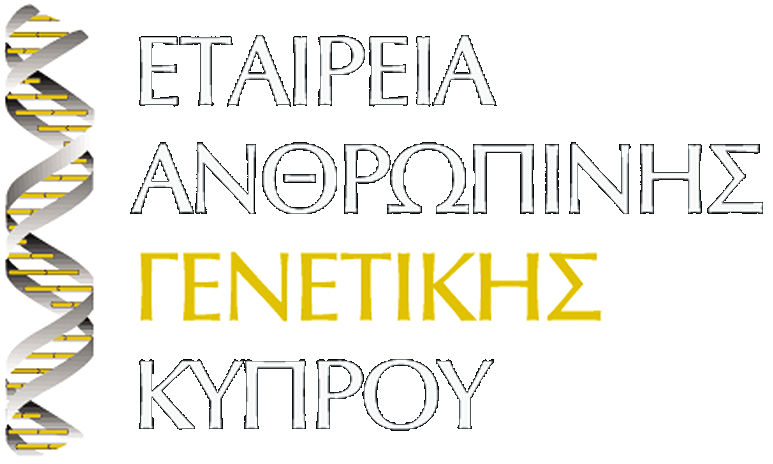Abstract
The feasibility of using restriction fragment length polymorphisms ( RFLPs ) for the antenatal diagnosis of beta thalassaemia in the U.K.-resident Cypriot and Asian Indian populations has been determined. Seven polymorphic restriction endonuclease sites in the beta globin gene cluster were analysed in 20 Cypriot and 42 Asian patients and their parents and the combination of polymorphic sites (haplotype) for each chromosome determined. It was found that 76% of the Asian and 35% of the Cypriot families had DNA polymorphisms which would allow antenatal diagnosis of a homozygous beta thalassaemic fetus, and that in the majority of the remaining families there was a 50% chance of a successful diagnosis of either a normal or a heterozygous fetus. These results indicate that RFLP analysis of fetal DNA is a useful method for antenatal diagnosis of beta thalassaemia in families with either a normal or homozygous beta thalassaemia child, especially in the Asian population in the U.K.
The feasibility of using restriction fragment length polymorphisms ( RFLPs ) for the antenatal diagnosis of beta thalassaemia in the U.K.-resident Cypriot and Asian Indian populations has been determined. Seven polymorphic restriction endonuclease sites in the beta globin gene cluster were analysed in 20 Cypriot and 42 Asian patients and their parents and the combination of polymorphic sites (haplotype) for each chromosome determined. It was found that 76% of the Asian and 35% of the Cypriot families had DNA polymorphisms which would allow antenatal diagnosis of a homozygous beta thalassaemic fetus, and that in the majority of the remaining families there was a 50% chance of a successful diagnosis of either a normal or a heterozygous fetus. These results indicate that RFLP analysis of fetal DNA is a useful method for antenatal diagnosis of beta thalassaemia in families with either a normal or homozygous beta thalassaemia child, especially in the Asian population in the U.K.

